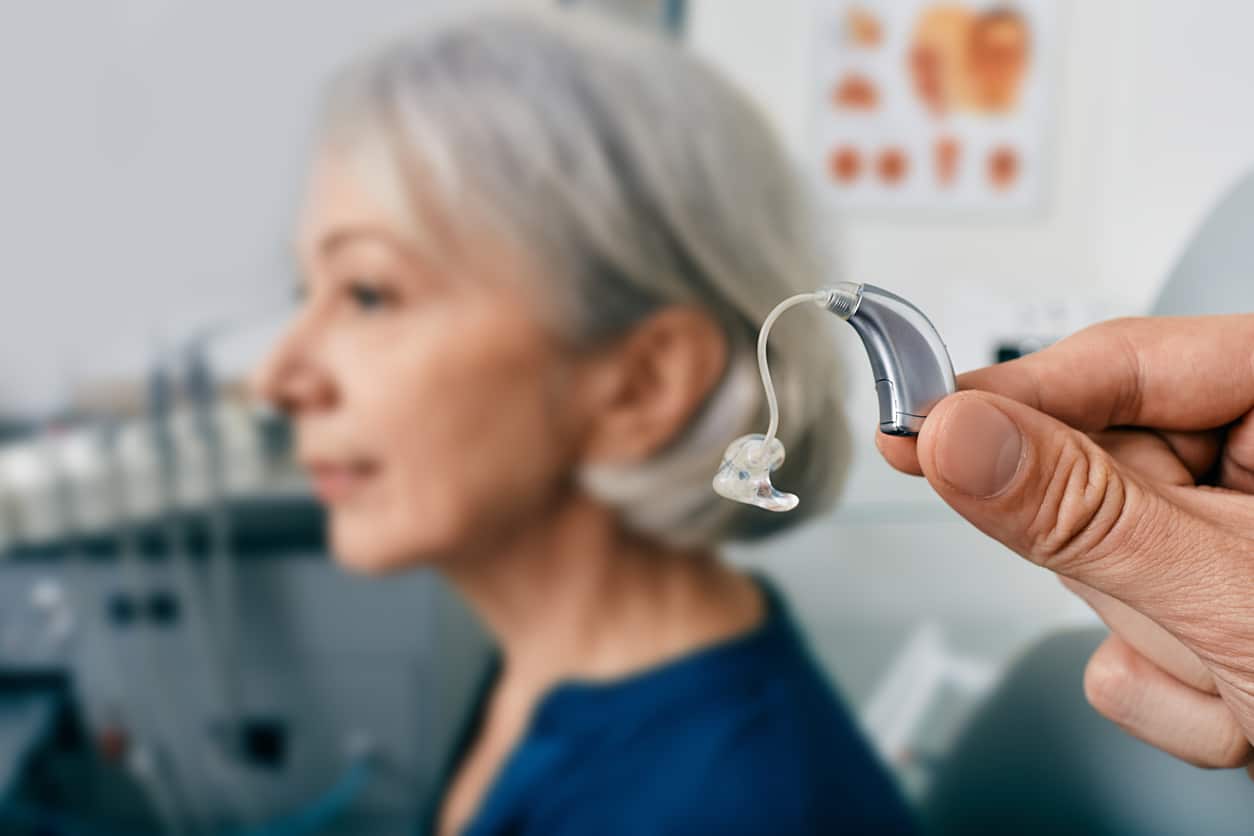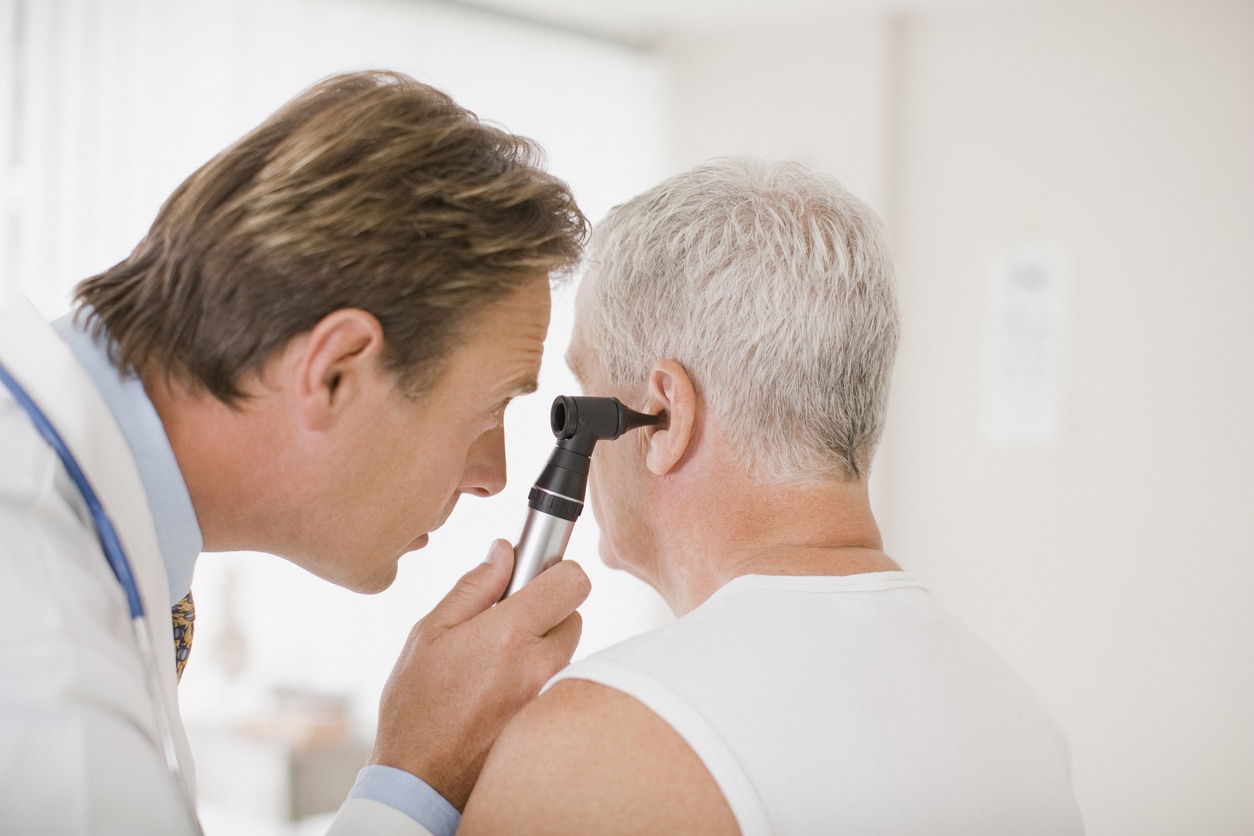Hearing Aid Hearing Aids Hearing Loss
Four Important Reasons to Get Hearing Aids
There are currently more than 1.5 billion people living with hearing loss.
Now part of the Beltone Hearing Care Network, visit www.beltonesound.com for a complete listing of all locations

Hearing Aid Hearing Aids Hearing Loss
There are currently more than 1.5 billion people living with hearing loss.

Even if you love your current pair of hearing aids, there will come a time

Taking care of your hearing health can help stave off early hearing loss.

It’s a hot summer in Reno, with temperatures regularly getting into the

According to the Centers for Disease Control and Prevention (CDC), “In

One of the more useful elements of many of today’s hearing aids is the